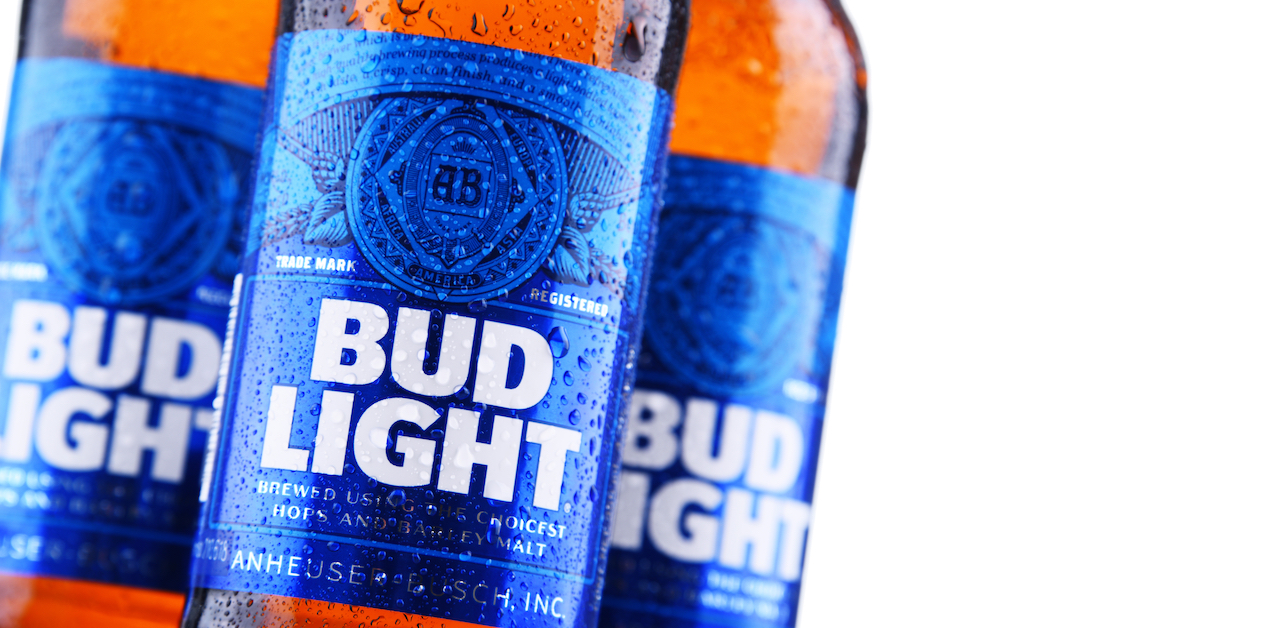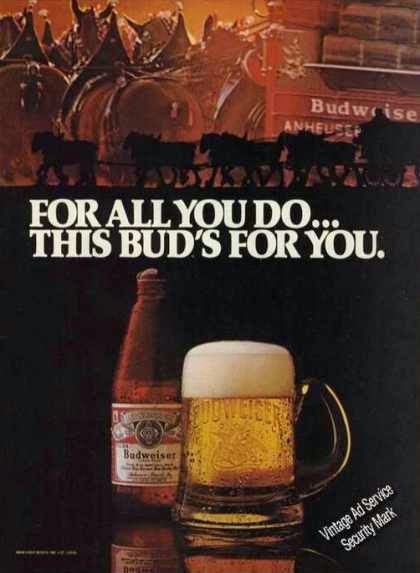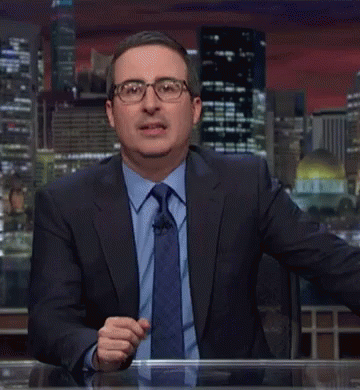
Bud Light Bottles — Image Credit
Dylan Mulvaney did an advertisement for Bud Light recently and people are PISSED. Why? Because Mulvaney is transgender.
Pundits and politicians went on FOX News to say different variations of “What the hell, Bud Light?! I thought I knew you!” The conservative-leaning brand has been under fire since the ad became public. Liberals, on the other hand, celebrated it.

Image from Shephali Bhatt’s blog about the vintage Budweiser slogan
From a strictly business perspective, it doesn’t make sense to alienate your brand from any segment of potential consumers. Surely Bud Light knows that "Republicans buy sneakers, too" so perhaps this was just a calculated move. They also must have known how it would be received by many of their customers on the Right, and yet, they ran the ad anyways, stating: "Anheuser-Busch works with hundreds of influencers across our brands as one of many ways to authentically connect with audiences across various demographics."
By some indications, this controversy cost Bud Light somewhere between 3 and 5 billion dollars in market cap. Many conservatives gleefully reported this drop in value: SEE?! This is what you get for going woke! Time will tell just how big of a miscalculation this was for Bud Light, if at all. Generally speaking, boycotts don’t last, but they can damage reputations.
And reputation matters. Each time we purchase or use a product, it is viewed as tacit endorsement. The reason we put bumper stickers on our cars, fly our flags, and wear our favorite brands is to offer a glimpse into who we are. It’s part of our natural propensity for tribalism. But recently, it’s become less about self-expression and more about taking a stand.
Until this point, Budweiser was associated with rural, working-class America and "traditional values." For some, the collaboration with Mulvaney signaled that’s no longer the case. Republican front-man Kid Rock took to social media to express his displeasure, firing a machine gun at the infamous blue cans. Cool.

John Oliver "Cool." gif
Putting aside Bud Light and Mulvaney for a moment, must every purchase we make be so high stakes? Can it ever just be about the product? For many people, the answer is a “hard-no.” About ten years ago, Chick-Fil-A was under the microscope after their president voiced support for the "Traditional family unit." Unsurprisingly, supporters of gay marriage called for a boycott of the Atlanta-based company. This remains a source of tension for a friend of mine who is gay but (still) likes to eat at Chick-Fil-A. Some in his circle regard his failure to take part in the boycott as betrayal. And I’m guessing that’s how many conservatives now feel about Bud Light, for better or worse.
It’s quite a difficult predicament being a modern consumer. To some degree, we all "do our own research" when choosing how to spend our money. Maybe we buy from a small business because they are Christian or because they are black-owned. Each week we make hundreds of decisions about what to purchase. To be on the "right" side of all of them one would require an amount of research that I’m certainly not doing. Maybe I’m part of the problem. The real question is: how can anyone do this? Are we supposed to know about every political donation or marketing campaign or photo op for every company we buy from and their affiliates? I’ve been trying to finish the same episode of Succession for 2 weeks, but sure, I guess I can try to do that, too.
Supporters and detractors of Bud Light’s partnership with Mulvaney are both quick to claim the moral high ground. Kid Rock’s message was simple: this is a matter of right and wrong. It’s us vs. them—and this Bud’s for THEM. On the other extreme, if you’re unsure about granting gender-affirming care (including irreversible surgery) to every trans-identifying 13-year-old you risk being labeled a bigot by some on the Left.
It’s easy to feel as though there is no room for nuance, that there is no neutral—for consumer or business. For those of us who see grey in these issues, it’s hard to know how to proceed. Is it wrong to ask why there seems to be such a steep drop-off in those identifying as trans after age 25? (0.5% of those ages 25-29 vs. 3.0% of those under 25). Not to mention the growing number of lawsuits against doctors who have given transition surgeries to individuals who later regret them. What about the 30% of transgender women and 50% of transgender men who say they have attempted suicide? You’d think this might warrant compassion regardless of how one feels about gender affirming care. But apparently empathy is optional when it’s right vs. wrong.
Call me a cynic, but I’m not sure what Kid Rock actually accomplished. It felt like just another example of virtue signaling. It’s not like it cost him anything, either. Social media has made it easier than ever to "protest." But real protest involves sacrifice. Rock will likely just drink Coors instead and continue looking down on people. And Budweiser (and every other corporation) will continue to look for more ways to "authentically connect with audiences across demographics." Translation: Bud Light will continue pandering to sell beer to as many of those who wouldn’t normally associate themselves with their product as possible.

California Democrats awkwardly drinking Bud Light
Honestly, I’m not sure where any of this leaves us. A "one-size fits all" solution is almost certainly insufficient for the complex reality of transgender lives. The only thing I know is that if we are free to choose what we buy, then we must also be free to choose what not to buy. Anything less isn’t freedom. I may not agree with Kid Rock’s stance, but I believe he has the right to take one.
So, buy Bud Light, or don’t. Either way, someone’s sure to be pissed.

.png)